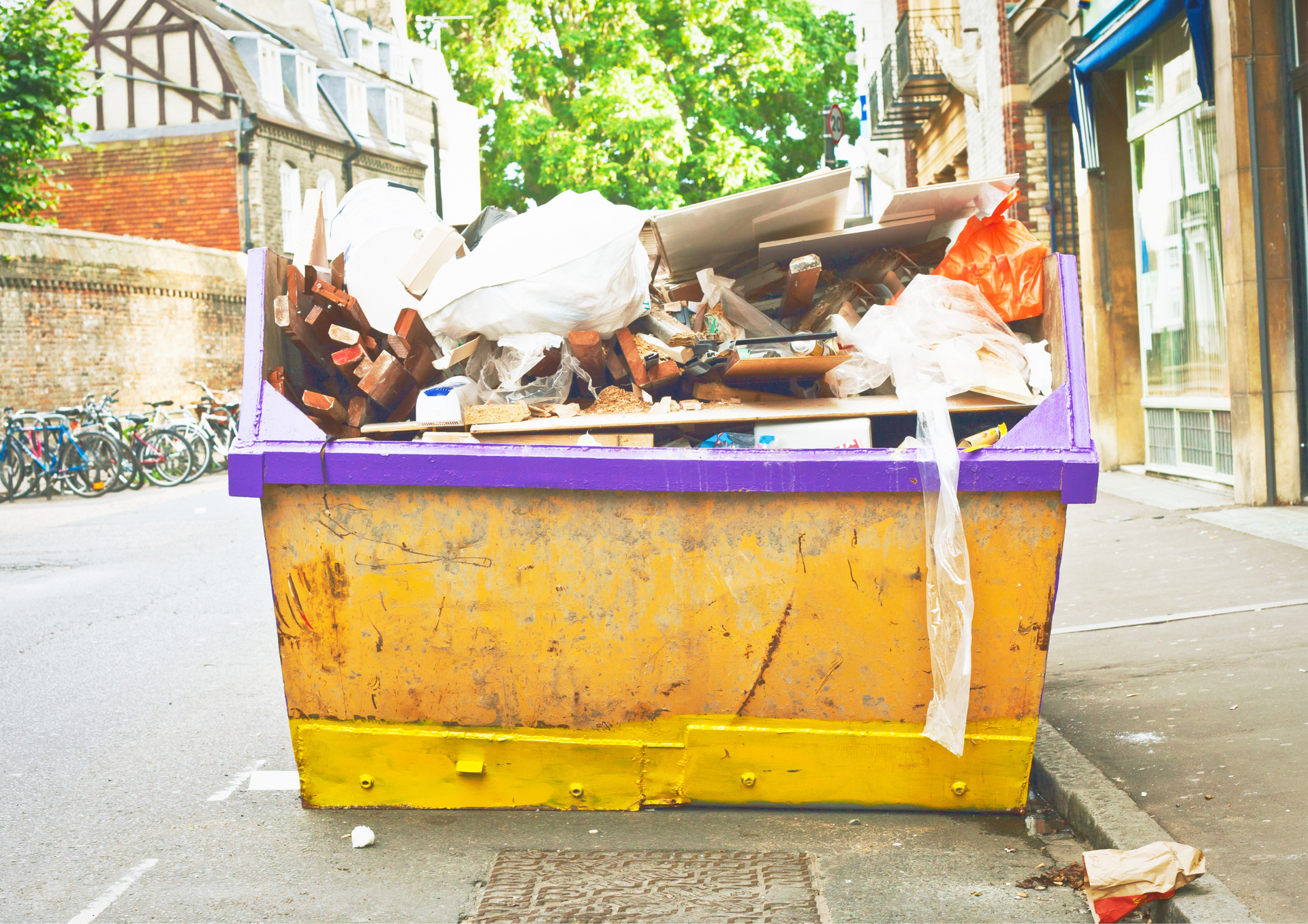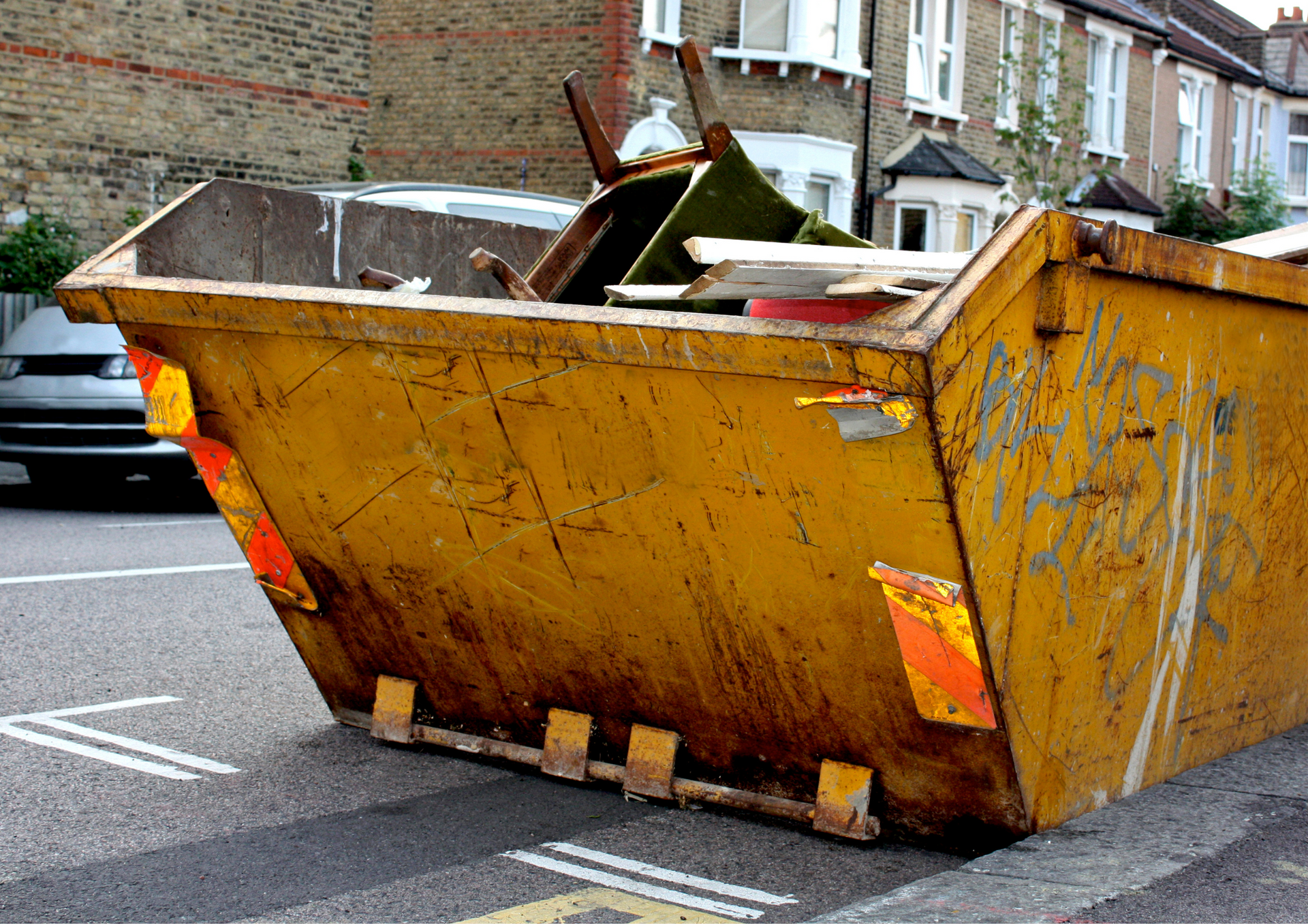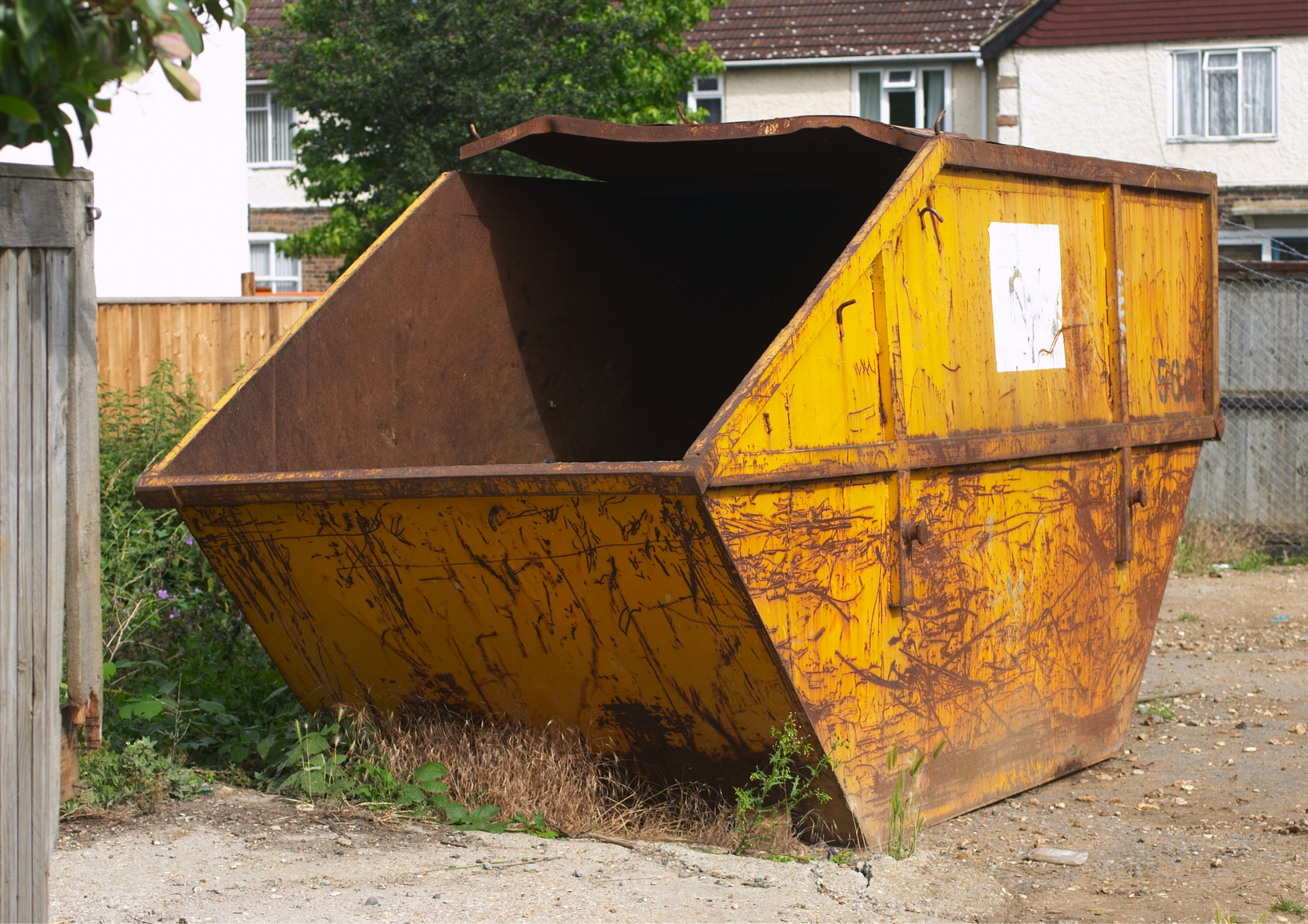Understanding Skip Hire Costs and What Affects the Price You Pay
When tackling a home renovation, commercial clear-out, or landscaping overhaul, managing waste efficiently is vital. Hiring a skip is one of the most practical solutions – but how much does it actually cost, and what affects the price?
This guide explains the core factors that influence skip pricing, from size and location to waste type and permits.
What Determines the Cost of Skip Hire?
The cost of skip hire in the UK varies based on a few important elements. First and foremost, the size of the skip plays a key role. A 2-yard mini skip will cost significantly less than a large 12-yard builder's skip. Prices typically rise with each size increase due to higher disposal fees and transport costs. Duration of hire also influences pricing. Most companies offer hire periods from 7 to 14 days. Extending beyond this usually incurs daily or weekly charges. It’s best to plan your project timeline realistically to avoid paying for days you don’t need.
Another cost factor is whether the skip is placed on private land or public property. If it needs to be situated on a road, you’ll likely require a council permit. Permit fees vary by region, ranging from £15 to £60 or more. Skip hire on private driveways avoid this extra cost entirely. Also, consider location-based pricing. Skips in central urban areas, where access is limited and demand is high, may cost more than in rural or suburban areas. Collection and delivery distances also impact transport charges.
Types of Waste and Their Impact on Pricing
Not all waste is equal in the eyes of disposal companies. The type of waste you plan to load into the skip can influence the total cost. Skips are often hired for mixed waste (general household or construction debris), but some types of waste come with restrictions or require special handling. For example, disposing of hazardous materials like asbestos, paint, chemicals, or electrical appliances is either prohibited or attracts additional charges. To avoid this, always check with your provider about what’s allowed in your skip.
Green waste – such as branches, soil, and turf – is usually cheaper to dispose of than mixed building rubble. Similarly, clean hardcore (such as bricks and concrete without other materials mixed in) may qualify for lower rates due to straightforward recycling processes. It’s essential to honestly declare the type of waste you'll be generating. Hidden materials like tyres or fridges discovered during collection can result in hefty penalty charges or delays in removal. A transparent quote based on accurate waste types ensures you won’t face surprise fees later.
Choosing the Right Skip Size
Choosing the correct skip size is crucial to keeping costs down and avoiding inconvenience. Too small, and you’ll need a second skip. Too large, and you’ll have paid for space you don’t use.
Here’s a quick overview of common skip sizes:
- 2-yard skip: Ideal for small garden clearances or minor DIY jobs
- 4-yard skip: Suitable for bathroom or kitchen refits
- 6-yard skip: Often called a ‘builder’s skip’, great for renovation debris
- 8 to 12-yard skip: Best for bulky waste, commercial use, or office clear-outs
To ensure you choose correctly, talk to your provider about the nature of your project and estimated waste volume. A trustworthy company will recommend the most appropriate size and offer advice on optimising space. Those searching for skip hire near me should also consider how quickly they need the skip and whether same-day delivery is available. Local companies may offer better response times, especially in busy areas or for urgent jobs.
Regional Variations and Finding the Best Value
Pricing isn’t universal – where you’re based matters. If you’re in a major city, prices can be higher due to congestion charges, access restrictions, and higher demand. In contrast, more remote locations might enjoy lower rates, but delivery could take longer.
To get the best value, always compare quotes from a few providers in your area. But don't simply choose the lowest number. Check what's included: Does the price cover delivery, collection, and disposal? Are permits and VAT included? Is there customer service support if anything goes wrong?
Those looking for cheap skip hire should stay cautious. Bargain prices often mean minimal support, unclear terms, or hidden costs. Prioritise transparency and service reviews. Cheap isn’t always cheerful when it comes to waste disposal.
Landscapers and event organisers often benefit from negotiated rates for skip bin hire, especially when they require multiple skips or repeated services over time. Partnering with a dependable provider ensures timely delivery, clean collection, and adherence to environmental standards.
During a house renovation, it’s common to underestimate the volume of waste. Using a skip bin simplifies the process, offering a dedicated space to keep rubbish under control. It also ensures your site stays tidy, reducing trip hazards and improving working conditions.
Understanding what affects
skip hire costs is essential for anyone planning a project that generates large amounts of waste. From size and duration to type of waste and where you live, each element plays a part in determining the final price.
Latest: Planning
skip hire? Know the key factors that affect the price!




